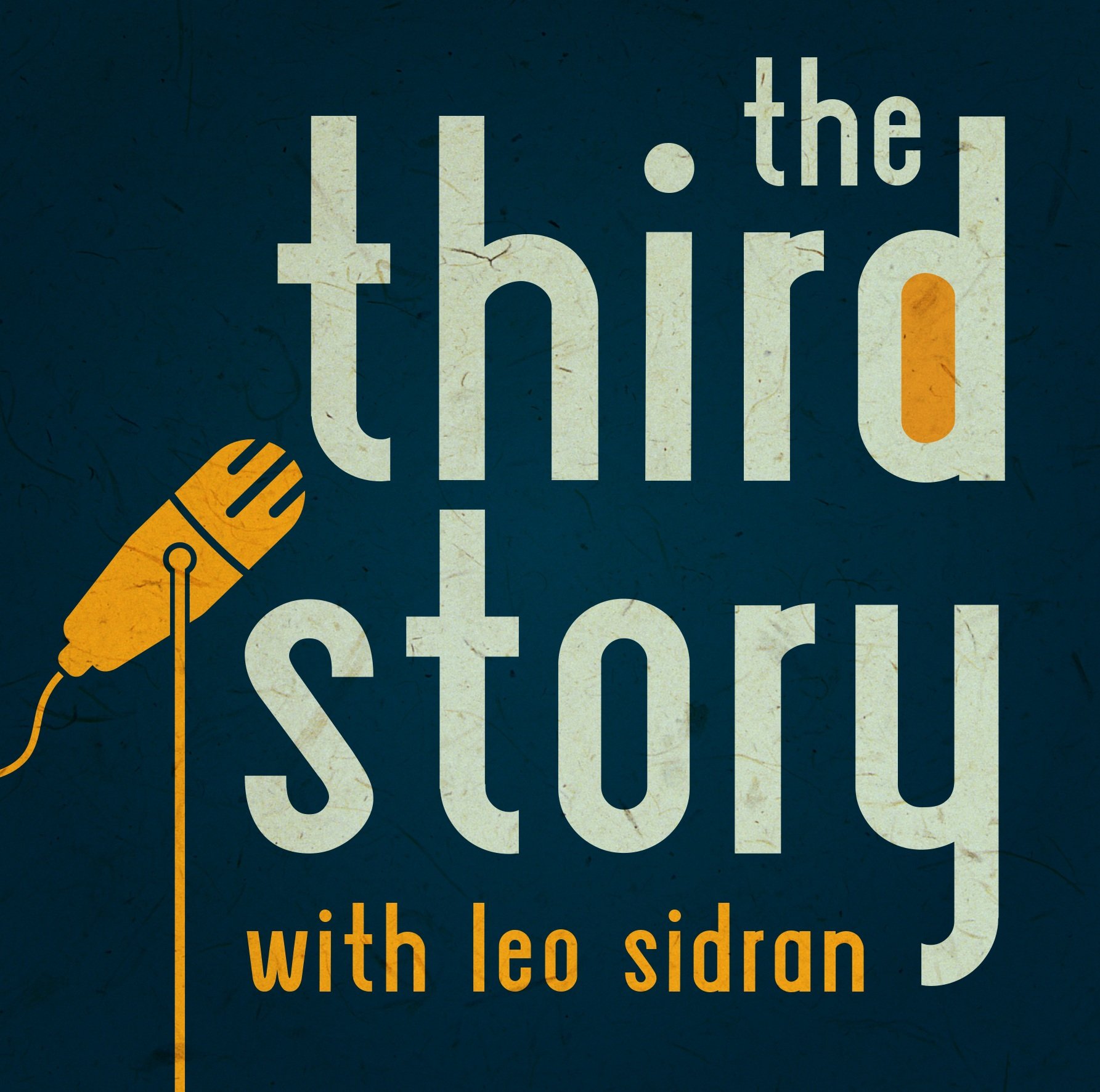299: Joe Henry
For Joe Henry, truth in songwriting doesn’t come from confession or fact. It comes from presence, from listening, from surrender, from giving shape to the ineffable. As he puts it: “Total presence—that is the code of my road.”
Henry’s road has taken him across both the literal and metaphorical map of American music. Born in North Carolina, raised in Georgia and Ohio, and coming of age in Ann Arbor, Michigan, he grew up suspended between North and South, white and Black, rural and urban. This early sense of duality, of living between poles, helped shape his identity and fed a lifelong curiosity. Alongside his brother Dave, he immersed himself in records, films, and books that would later form the bedrock of his creative work.
Over the past four decades, Henry has become one of the most respected songwriters and producers in American music. His solo albums, beginning in the late 1980s, blend literary songwriting with genre-bending arrangements. As a producer, he’s worked with artists like Allen Toussaint, Mavis Staples, Solomon Burke, Bonnie Raitt, Rodney Crowell, Joan Baez, and Meshell Ndegeocello. He co-wrote Madonna’s hit “Don’t Tell Me,” (she also happens to be his sister in law) and more recently, he’s been collaborating with Jon Batiste.
This year he is releasing three of his classic albums on vinyl for the first time.
With Joe Henry at the Washington Square Hotel in March, 2025
We spoke recently about his love of character-driven songwriting—an approach influenced early on by Randy Newman and Bob Dylan—and his rejection of the notion that autobiography equals authenticity. “Your factual experience can be disruptive to the truth you're trying to allow to move through you,” he says.
He talks about the influence of Southern gothic writers like Eudora Welty and Flannery O’Connor, his long creative relationship with producer T Bone Burnett, and his deep admiration for Ornette Coleman. He speaks candidly about surviving cancer, and the song that came to him the day he was told he had seven months to live.
Through it all, what emerges is a portrait of an artist who strives to hold space for others and for the mystery of the music itself. For Henry, being a producer isn’t only about shaping sound, it’s about creating a safe environment for truth to emerge. And in a time when the American story feels increasingly fragmented, his work offers something rare: continuity, clarity, and care.
Joe Henry’s songs offer a quiet kind of resistance—through devotion, through poetry, through presence. And, above all, through truth—no matter what the facts may say.


